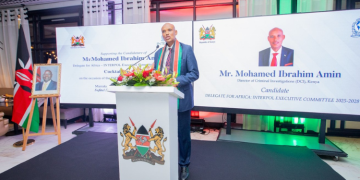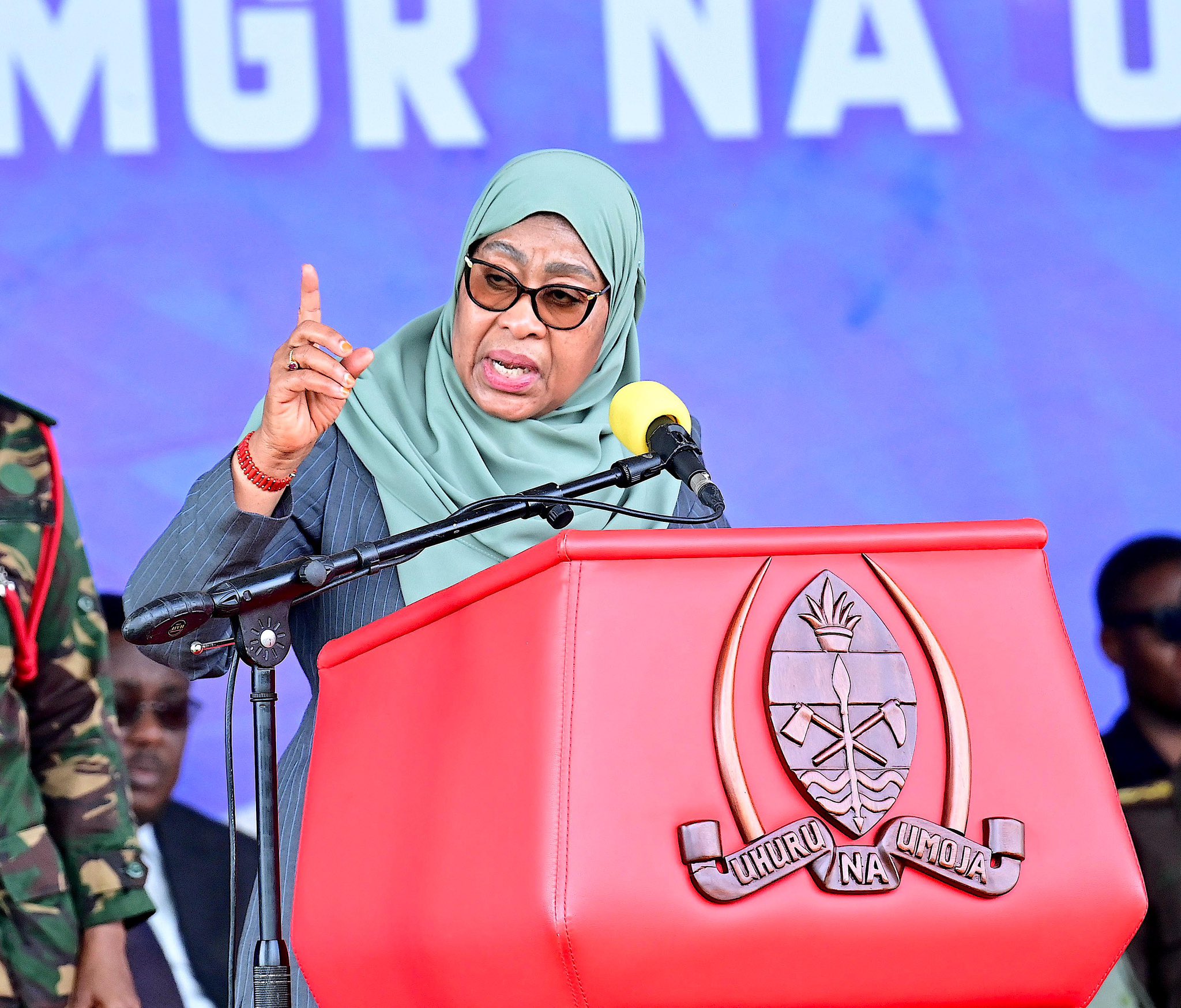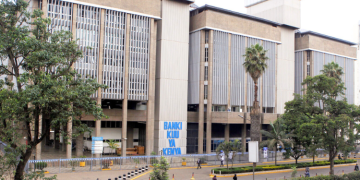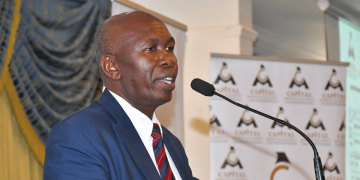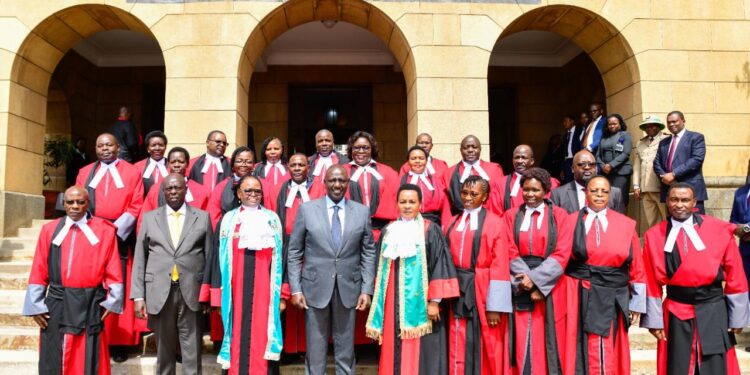On 30 December 2024, the Court of Appeal delivered its judgment (available here) in Civil Appeal E326 of 2023 as consolidated with Civil Appeal E330 of 2023 (the Court of Appeal Judgment), which were appeals filed against a judgment delivered by the High Court on 17 February 2023 in Constitutional Petition No. E280 of 2021 (the High Court Judgment).
The High Court Judgment declared Section 13(2) of the Income Tax Act, Chapter 470 of the Laws of Kenya (Income Tax Act) unconstitutional to the extent that it authorized the Cabinet Secretary for the National Treasury and Economic Planning (CS for National Treasury) to grant income tax waivers through a notice in the Kenya Gazette for specified persons, without regard to the provisions of Article 210 of the Constitution of Kenya 2010 (Constitution).
Proceedings in the High Court
The Constitutional Petition challenged, among others, the constitutionality of Legal Notice No. 15 of 2021 dated 25 February 2021 (Legal Notice) through which the CS for National Treasury sought to exempt Japanese companies, Japanese consultants and Japanese employees involved in projects under specified financing agreements from income tax on income derived from or accrued in Kenya.

Also Read: IMF Recommends Three Key Tax Reforms for Kenya After Approving Ksh78 B Loan
The CS for National Treasury was faulted for issuing tax exemptions through Gazette Notices without underlying legislation pursuant to section 13(2) of the Income Tax Act, which was allegedly contrary to Article 210 of the Constitution. Additionally, the National Assembly was faulted for acting in breach of Articles 10(2) and 118(1) of the Constitution by failing to subject to public participation the Legal Notice.
Through the High Court Judgment, section 13(2) of the Income Tax Act was declared unconstitutional on grounds that, among others, it authorized income tax waivers through a notice in the Gazette and for specified persons as opposed to by way of specific legislation in contravention of the provisions of Article 210 of the Constitution.
Further, the High Court stated that an exemption or waiver of income tax could only be granted by the National Assembly through national legislation after it passes as a money bill as provided under Article 114(3) of the Constitution, after public participation and in strict compliance with Article 210 of the Constitution.
Proceedings in the Court of Appeal
Being dissatisfied with the High Court Judgment, the CS for National Treasury and the National Assembly filed separate appeals at the Court of Appeal faulting the High Court Judgment for, among other reasons, declaring the Legal Notice unconstitutional.
The National Assembly argued that the issue of the constitutionality of section 13(2) of the Income Tax Act was not one of the issues that had been pleaded in the petition to the High Court, hence there was no basis for the High Court to deliver judgment on the issue. On the other hand, the CS for National Treasury argued that the Legal Notice was purely executive and was not a statutory instrument and therefore did not require to be subjected to public participation.
Also Read: KRA Issues Update on Revised Calculation of Monthly Taxes
Determination of the Court of Appeal
In setting aside the High Court Judgment, the Court of Appeal stated as follows:
- Whilst Article 94(5) of the Constitution confers legislative authority on Parliament, the Article provides that legislative authority may be conferred on any person or body with the express authority of the Constitution or legislation. Section 13(2) of the Income Tax Act is the legislative provision that bestows the authority on the CS for National Treasury to grant income tax exemptions in line with the provisions of Article 94(5) of the Constitution.
- The CS for National Treasury acted in accordance with Article 94(5) of the Constitution and section 13(2) of the Income Tax Act in granting income tax exemptions to Japanese companies, Japanese consultants and Japanese employees involved in projects under specified financing agreements and such actions could not be faulted for lacking legal foundation.
- The Legal Notice was of an executive character and not of a legislative character. As such, the Legal Notice was not a statutory instrument as defined under section 2 of the Statutory Instruments Act, 2013 and as a result, the requirement for public participation was not applicable to it.
- The issue of the constitutionality of section 13(2) of the Income Tax Act was not one of the issues that had been pleaded in the petition to the High Court and as a result, there was no basis for the High Court to decide on an issue that was not pleaded before it. This is because parties are bound by their pleadings unless such pleadings are amended during the hearing of the case.
Putting it into perspective
The import of the Court of Appeal Judgment is that section 13(2) of the Income Tax Act is constitutional. Accordingly, all the income tax exemptions granted by the CS for National Treasury in the exercise of the powers conferred under section 13(2) of the Income Tax Act are constitutional and have binding legal force. These include gazette notices affecting other sectors such as the energy sector, for example:
- Legal Notice Number 91 of 2015, which provides for exemption of withholding tax paid on loans from foreign sources for investing in the energy sector (among other sectors); and
- Legal Notice Number 165 of 2015, which provides that payments for services rendered under a power purchase agreement by a non-resident person are exempt from withholding tax.
Going forward, exemptions granted by the CS for National Treasury by publishing a notice through the Kenya Gazette in the exercise of the powers granted under section 13(2) of the Income Tax Act will not require public participation since they have been determined by the Court of Appeal not to be statutory instruments.
We are not currently privy as to whether an appeal has been filed against the Court of Appeal Judgment to the Supreme Court.
This article was written by Alex Mathini and Andrew Oduor, Partners, Fredrick Ogutu, Senior Associate and Brian Otieno, Associate, Bowmans Kenya.
Follow our WhatsApp Channel and join our WhatsApp Group for real-time news updates.





